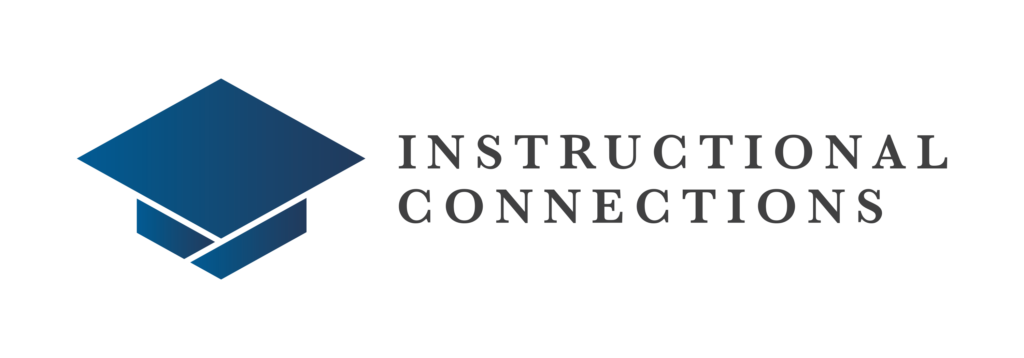Online education has seen a massive resurgence in past years and has recently enjoyed some of its best moments in North American higher education. Many higher education institutions have poured more and more resources into fully supporting their online education programs, and these efforts are beginning to impact higher education. Still, the pace of change and adoption is not uniform. Different institutions and subcategories are at various stages of adoption, and many struggle with problems related to online education. Understanding the state of the online education environment is paramount for educators who wish to truly support their nontraditional students.
The CHLOE 8 report is one of the industry’s most trusted resources on the state of online education. This most recent installment in the series revealed some startling trends that educators and administrators would do well to keep in mind.
Stagnation of Traditional Enrollment
Traditional college enrollment falters due to rising costs, high debt burdens, and uncertain employment prospects. Even without these stressors, the traditional four-year institution is not the best fit for every student. However, these macroeconomic conditions are leading more students to consider whether a traditional higher education is best for their specific needs.
Student Preferences Are Evolving
Student preferences too are also evolving. Online education used to be an unpopular choice, but improved technology and access have made blended school an attractive option. Online education makes sense for many non-traditional students when faced with a busy schedule. The days of remote education before the internet could be isolating and lonely for many students. New and improved technology like video conference calls make virtual education a much more connected pursuit. As student preferences evolve and more and more students prefer the freedom of virtual school institutions of higher education, expect to see non-traditional enrollments rise.
Institutions Are Adapting
Against this backdrop, it becomes clear that higher education institutions need to adjust their strategic initiatives accordingly. Chloe 8 reveals this is well underway within the higher education space. Some 50% of COOS report that their institutional strategic plans emphasize online, multi-modal education. However, several key challenges remain. Institutions that have traditionally been location-bound face considerable challenges when speaking to the need for online education for faculty, students, and alumni. This is then compounded by the challenges of training, retaining, and upskilling faculty members for online education despite the strategic emphasis on online education at most higher education institutions.
Necessary Communication to Students
Quality assurance of online education programs is possibly one of the most crucial strategies institutions can employ to increase student outcomes. As new online courses emerge with new faculty, paradigms, and goals, institutions need to invest in ensuring the best possible educational outcomes for their students. This work will also continue to evolve as coursework evolves with new instructional resources and tools. Indeed, most COOs interviewed as a part of the CHLOE 8 report identify this quality assurance as key to their institutional success and are already investing in quality assurance.
However, a mere 15% are actually alerting students of this approach. Failing to advertise the myriad ways an institution of higher education invests in online student outcomes is a grave misstep. More and more students judge potential higher education institutions on their investments in online education. Failure to disclose how your institution works to improve student outcomes in online education could have a disastrous impact on institutional branding and online enrollment.
Different Institutions Are at Different Stages
Unsurprisingly, CHLOE 8 reveals that different types of institutions are at various stages of online education development and quality assurance. By and large, flagship four-year public institutions are ahead of private and liberal arts colleges in their online education development. Given the increased resources available to public institutions and their large student bodies, this is expected. However, community colleges are well ahead of the curve in instituting online education courses and subsequent quality assurance. This likely stems from the lack of place-bound traditional students at many community colleges and the increased appetite for non-traditional education in community college student bodies.
Academic Coaches as a Quality Assurance Model
Is your institution of higher education investing in online education but struggling to scale? Is faculty member bandwidth a concern? Is your institution looking to implement methods to ensure student outcomes in online education?
Instructional Connections Academic Coaches or Virtual TAs offer institutions a way to scale their virtual education programs while improving student outcomes. Adding a subject-matter expert to your online courses frees up faculty member time for more strategic and higher-level course pursuits.
Instructional Connections Academic Coaches or Virtual TAs are tertiary-educated course experts there to help support your faculty. Our Academic Coaches can assist with various tasks, from leading discussions to grading to answering routine class operations questions and freeing up your faculty members’ time. This has been proven to decrease faculty burnout, increase student participation, and improve overall course satisfaction for those enrolled.
Are you interested in learning more about the Instructional Connections Academic Coach model? Contact us now to discuss more!


